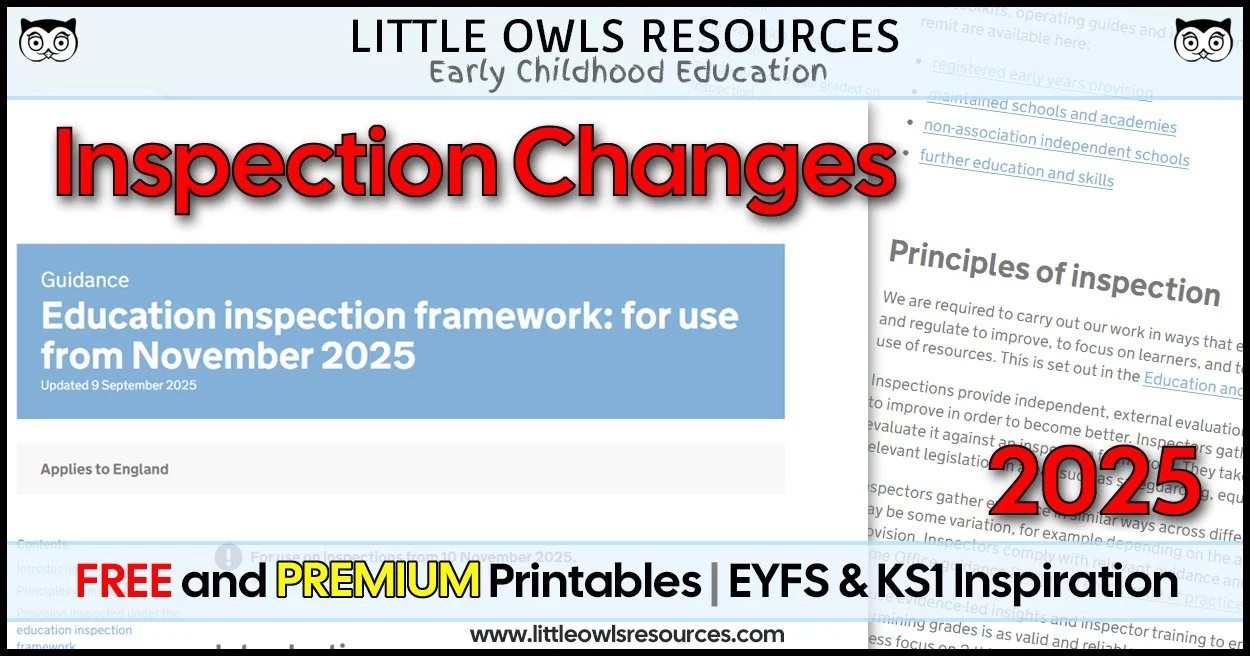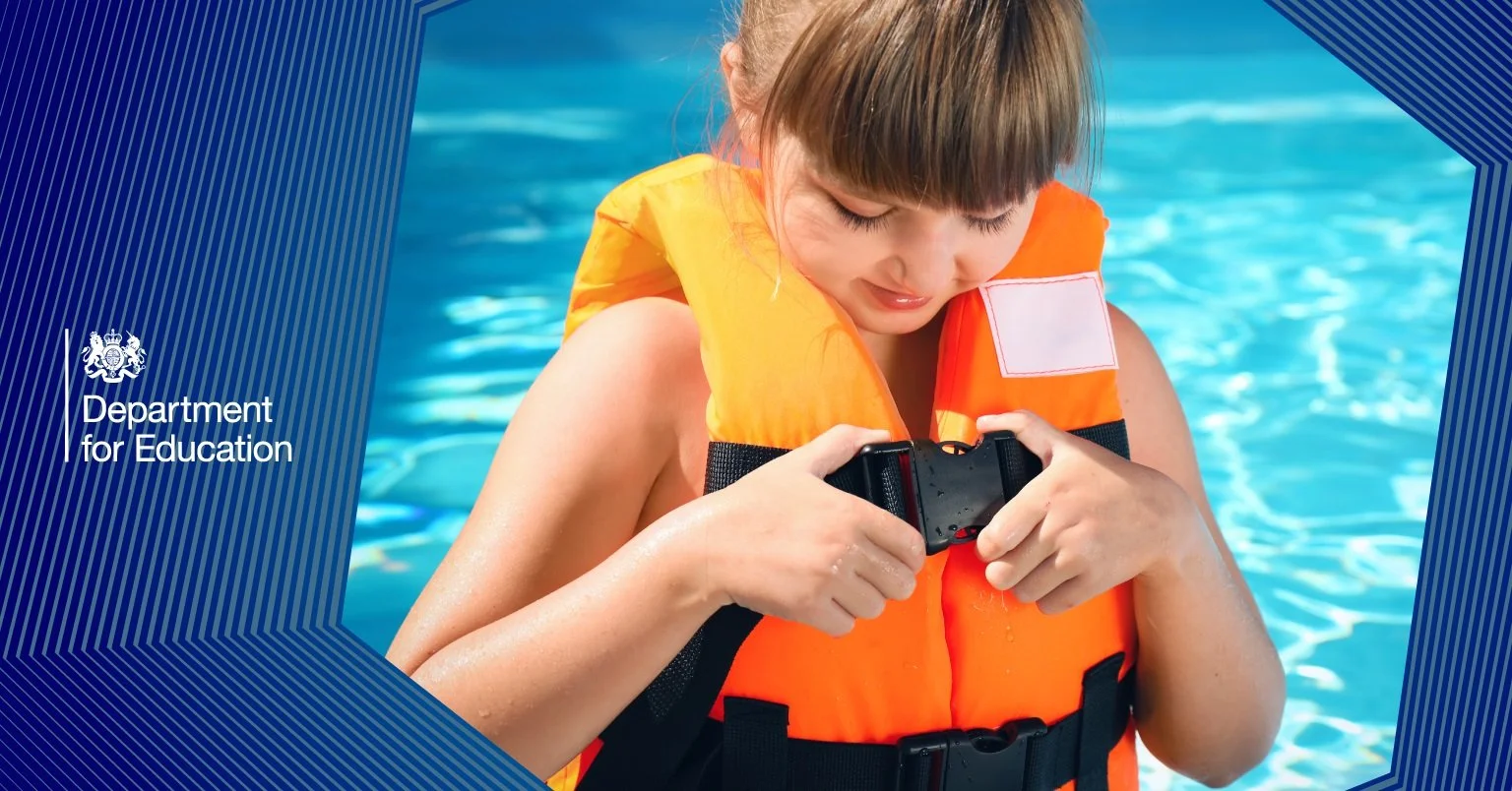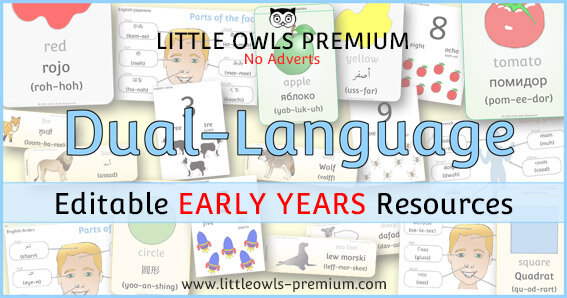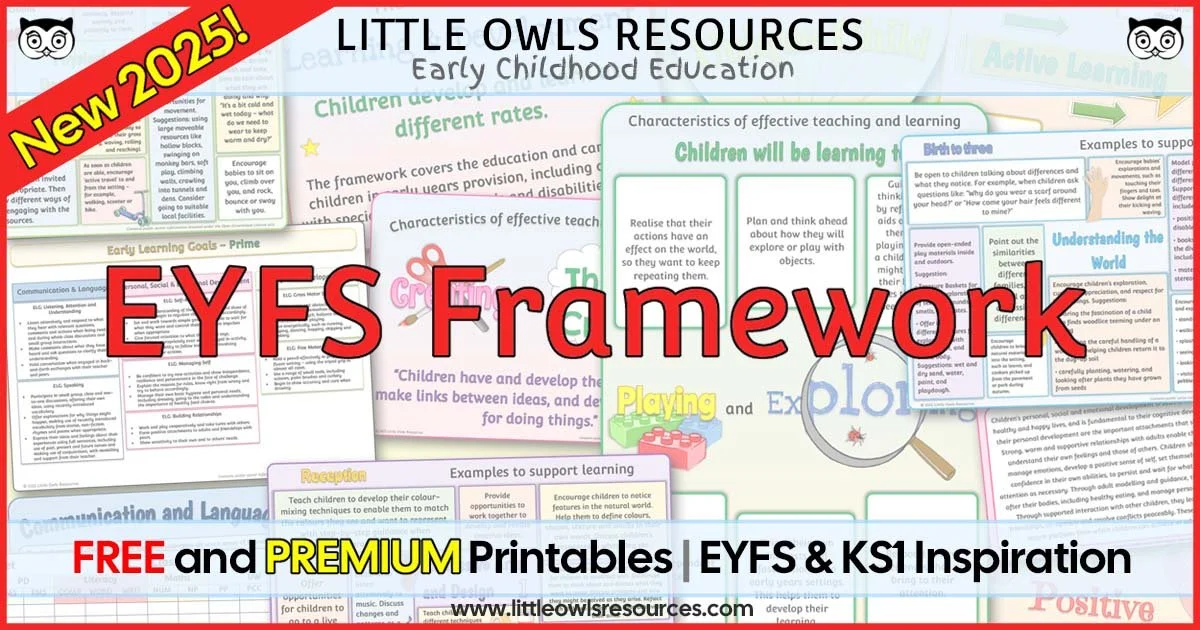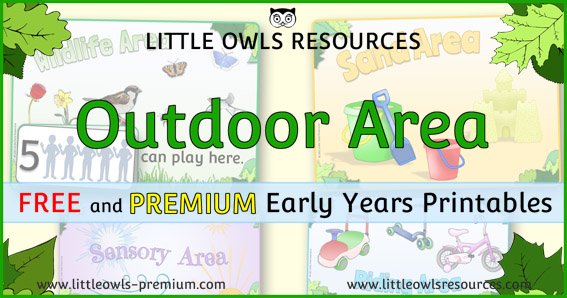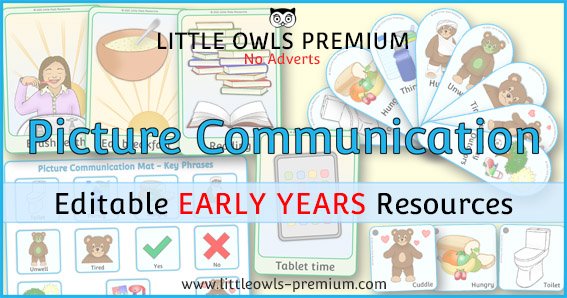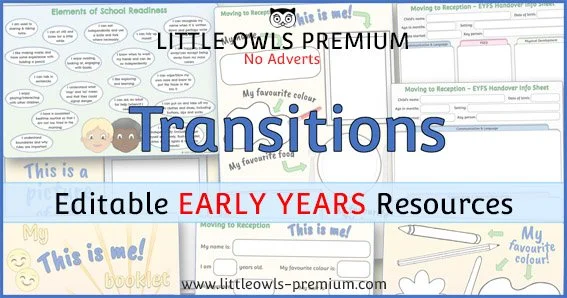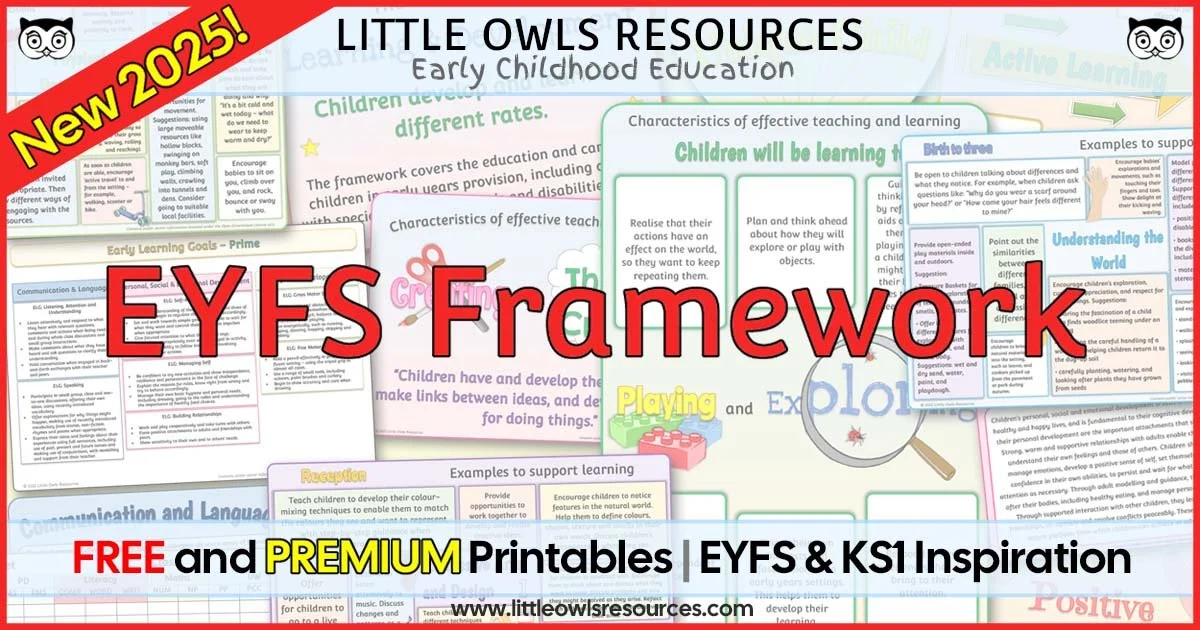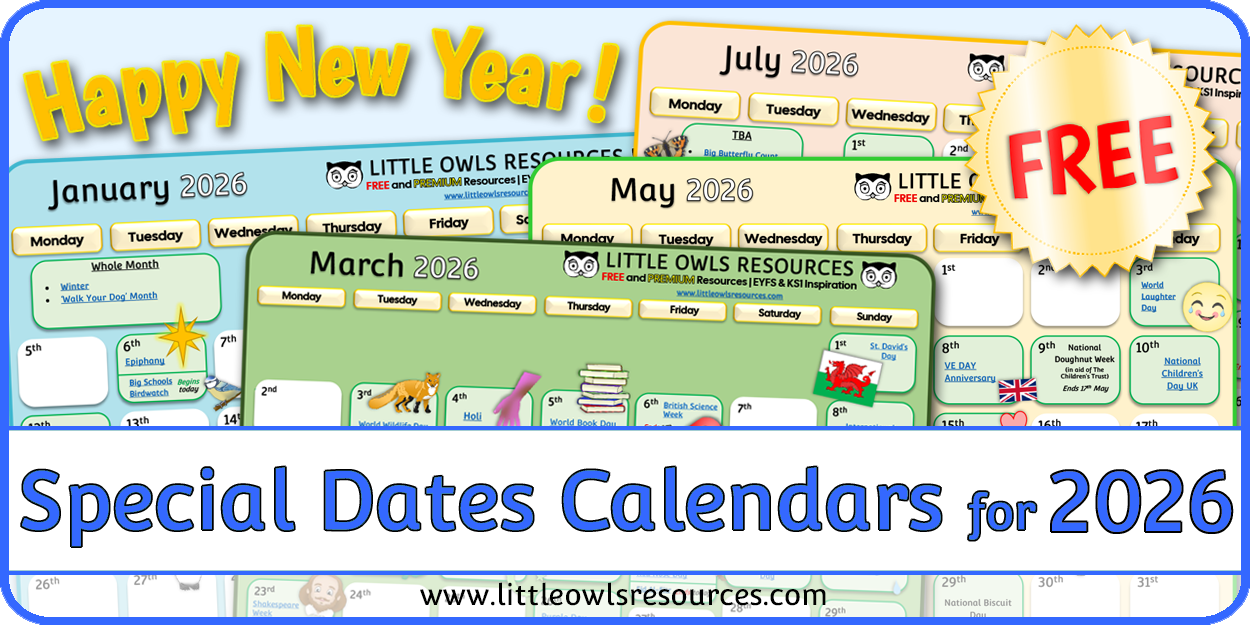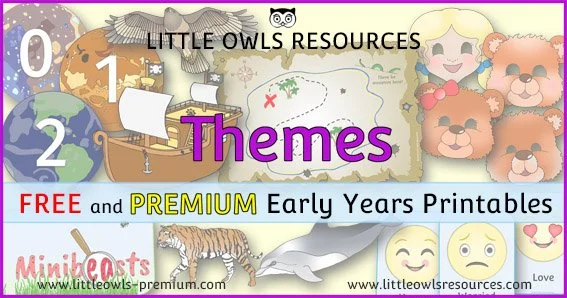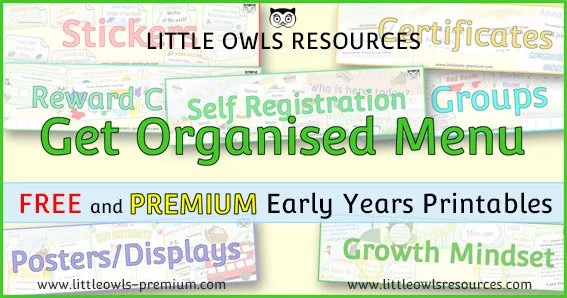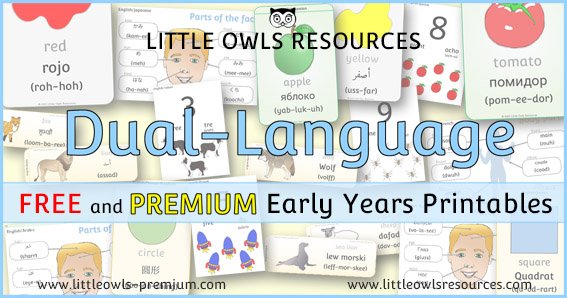Major UK Curriculum Shake-Up Announced | What EYFS & KS1 Practitioners Need to Know
A major overhaul of the national curriculum in England has been announced following the publication of the independent Curriculum and Assessment Review. For those working in the Early Years Foundation Stage (EYFS) and Key Stage 1 (KS1), the changes signal a renewed focus on practical life skills, digital literacy, and enriching learning experiences.
Here is a summary of the most relevant announcements for nursery, preschool, childminder, reception, Year 1, and Year 2 practitioners.
🗓️ The Timeline for Implementation
It is important to note that these changes represent an evolution, not an immediate revolution. You have ample time to prepare and adapt your practice.
Final Curriculum Publication: The revised national curriculum is aimed to be published by Spring 2027.
First Teaching Date: The new curriculum will be implemented in full, with first teaching starting in September 2028.
Note: the government has committed to publish the revised national curriculum in 2027 with first teaching in September 2028 — but many of the implementation details (exact subject programmes of study, assessment changes, and the funding/CPD offer for schools and early years settings) will be released later. Practitioners should continue to follow current EYFS statutory guidance (including changes that came into force on 1 Sept 2025) while preparing for the 2028 curriculum.
🍎 Key Reforms for Early Years and Primary Education
The core theme of the new curriculum is equipping children with essential knowledge and skills for the modern world. Several reforms will directly impact the content and focus of teaching in Reception and KS1.
1. Mandatory Primary Citizenship and Life Skills
For the first time, Citizenship teaching will be made compulsory in primary schools, embedding crucial modern competencies early in a child's education. This new content will include:
Financial Fundamentals: Introducing the basics of money and budgeting, recognising that children are consumers before they reach secondary school.
Media and Digital Literacy: Giving children the "vital skills like how to spot fake news and identify misinformation," helping them develop critical thinking to navigate online information.
Climate Education: Ensuring all children learn about climate and nature to support sustainability and environmental awareness.
Democracy and Law: Foundational learning about democracy, government, and legal matters.
2. Renewed Focus on Foundational Skills (Reading, Writing, and Speaking)
The review strongly supports strengthening core literacy and communication skills:
Oracy Framework: The government will publish a new Oracy Framework for primary schools. This aims to ensure more young people become confident and effective speakers, providing practical tips to help teachers strengthen the teaching of speaking and listening—skills that are foundational in the EYFS and Reception.
Applied Writing and Grammar: There will be changes to the assessment of writing in primary schools, with a plan to amend the current system to focus on children successfully applying grammar in their writing, rather than having to rote-memorise complex grammatical terms. This shift is intended to make grammar instruction more practical and less abstract for young learners.
3. Core Enrichment Entitlement
The government will introduce a Core Enrichment Entitlement to ensure all children have access to activities beyond the academic curriculum. This is particularly relevant to the holistic development valued in the early years and KS1. The entitlement covers five key areas:
Civic Engagement
Arts and Culture
Nature, Outdoor and Adventure
Sport and Physical Activities
Wider Life Skills
This measure is designed to formalise the importance of these activities, which build confidence, resilience, and wider life skills, ensuring that they are not squeezed out of the curriculum.
💡 What This Means for Practitioners
While the 2028 implementation date is still a few years away, these announcements offer an early insight into the priorities of the new curriculum:
EYFS Alignment: The emphasis on life skills, communication, physical activity, and outdoor learning strongly aligns with the existing principles of the EYFS framework, suggesting a reinforcement of the holistic approach already in place.
KS1 Shift: KS1 teachers can anticipate moving towards a more practical and applied approach to literacy and grammar, alongside the embedding of new citizenship topics.
Evolution, Not Destruction: The review's mantra has been “evolution not revolution,” aiming to build on the strengths of the current system while modernising content for the 21st century. Your professional expertise and autonomy in how you teach will remain central to delivering this refreshed curriculum.
Practical next steps: conduct a quick curriculum audit against the five enrichment areas; start embedding short, regular oracy activities in Reception and KS1; introduce simple money-talks and media-literacy stories; and identify CPD needs so staff can be ready when formal programmes of study and training are published.
🔗 Important Links for Further Reading
Government response & summary (policy PDF) — official publication of the review response. GOV.UK
DfE news release summarising the package (short read for practitioners). GOV.UK
EYFS changes summary (practitioner guidance — safeguarding & nutrition updates, etc.). help-for-early-years-providers.education.gov.uk
Reception Baseline guidance & admin arrangements (for reception teachers). GOV.UK
Rest assured, Little Owls Resources will be your partner throughout this transition, providing the updates and practical support you need to implement the new curriculum successfully. Stay tuned for more in-depth articles and actionable resources designed to help you integrate the new curriculum aims into your EYFS and KS1 practice.
Related EYFS & KS1 Articles:
(Scroll through using arrows on right to browse)
A major overhaul of the national curriculum in England has been announced following the publication of the independent Curriculum and Assessment Review. For those working in the Early Years Foundation Stage (EYFS) and Key Stage 1 (KS1), the changes signal a renewed focus on practical life skills, digital literacy, and enriching learning experiences…
The world of early years education is constantly evolving, and with it, the frameworks that guide and assess our invaluable work. Come November 2025, a significant shift will occur as the new Education Inspection Framework (EIF) comes into effect, bringing with it some crucial changes…
With the new 2025 EYFS Statutory Framework for group and school-based providers coming into effect on 1st September 2025, it's essential to understand the updates to ensure your practice remains compliant, effective…
As dedicated early years professionals, you play a vital role in nurturing the growth and development of our youngest learners. Keeping up-to-date with the latest guidelines is crucial, and today, July 14, 2025…
The Education Secretary is calling on parents to lead by example and make reading a daily habit to help reverse the decline in reading for pleasure, to help give kids the best start in life as part of the…
As we head into summer, it’s especially important that children are prepared with these skills. This year, the Royal Life Saving Society UK's Drowning Prevention Week runs from 14 June to 21…
There are several ways that schools can make changes to keep children safe in hot weather, especially as children are more at risk of becoming ill with heat-related issues than adults…
Related Pages
Here’s a collection of useful curriculum resource materials. Please feel free to browse the following pages. Click through to find out more!
Related Themes
The following pages are relevant to the curriculum evolution. Click through to find out more!
SEARCH ‘LITTLE OWLS Resources’ USING THE FOLLOWING MENU BUTTONS…
This page contains information and images available from the Department for Education under the Open Government Licence v3.0.


